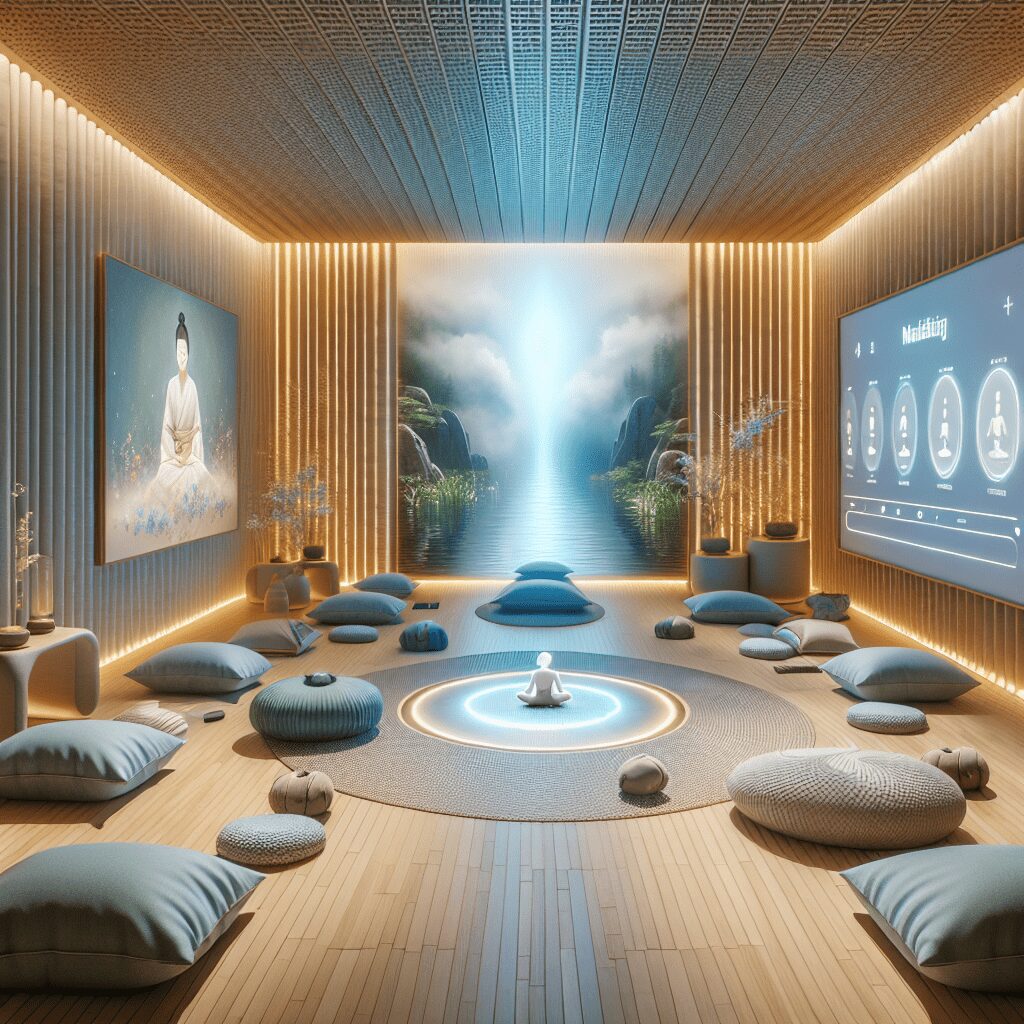
Prioritize your mental well-being daily. Enhance your life by nurturing your mental health with the Smart Meditation app. Break free from stress, alleviate anxiety, and enhance your sleep quality starting today.
Can Playing Video Games Cause Anxiety?
The Nexus Between Gaming and Anxiety: Unveiling the Truth
In today’s digital era, video games have become an inseparable part of our lives. Amidst the vibrant graphics and the thrill of competition, a pervasive question looms large: Can playing video games cause anxiety? The connection between gaming and mental health has been the subject of heated debates and extensive study. Let’s dive deep into this intricate relationship, unraveling facts and shedding light on what’s really going on.
Understanding the Two Sides of the Coin
Video games, by their very nature, are designed to engage and captivate. However, like a coin that has two sides, gaming comes with its own set of ups and downs.
The Thrills That Bind
On one side of the spectrum, video games offer an escape, a digital haven where one can be a hero, explorer, or strategist. They stimulate our problem-solving skills, enhance hand-eye coordination, and can even foster social connections in multiplayer setups. Simply put, they’re not just all fun and games; they can be pretty beneficial too.
The Anxiety Conundrum: When Gaming Turns Gritty
However, there’s a darker shade to this picture. Excessive gaming can lead to a number of issues, and yes, anxiety is right up there on the list. Here’s how:
-
Overstimulation: Imagine bombarding your senses with high-octane action for hours on end. It’s akin to revving up your brain’s engine without hitting the brakes. Over time, this constant state of hyper-alertness can morph into anxiety.
-
The Social Isolation Factor: While multiplayer games can promote social interaction, excessive gaming can lead one down the path of isolation, severing real-world ties and fostering feelings of loneliness and anxiety.
-
The Perfectionist Trap: For the high achievers and the never-give-up brigade, the quest for perfection in gaming can become an albatross around the neck. This relentless pursuit, when unmet, can usher in anxiety and stress.
-
Sleep Deprivation: It’s no secret that trading sleep for just one more level can disrupt your body’s natural rhythms. Sleep deprivation is a notorious accomplice of anxiety, contributing to a vicious cycle that’s hard to break.
Striking the Right Balance: Tips to Keep Anxiety at Bay
So, how does one enjoy the boundless worlds of video gaming without falling prey to anxiety? Here’s the lowdown:
-
Moderation is Key: Set sensible gaming limits. It’s tempting to lose track of time in digital realms, but it’s crucial to prioritize real-world responsibilities and relationships.
-
Healthy Habits: Exercise, sleep well, and eat right. A healthy body harbors a healthy mind, providing a sturdy shield against anxiety.
-
Social Gaming: Opt for games that encourage teamwork and interaction. They provide a sense of belonging and support, crucial elements for mental well-being.
-
Take Breaks: Don’t hesitate to hit pause. Regular breaks help reduce eye strain, prevent mental burnout, and overall, make gaming a more enjoyable and less stressful experience.
-
Seek Help if Needed: If gaming starts to feel more like a burden than a relaxation method, it might be time to seek professional help. There’s no shame in reaching out.
In the intricate dance of pixels and personal well-being, understanding the impact of video gaming on anxiety is vital. It’s not about demonizing games or painting them as the villains in our mental health saga. Instead, it’s about fostering a balanced, informed approach to gaming, recognizing its pitfalls, and taking proactive steps to ensure that our digital adventures remain a source of joy, not anxiety. After all, in the grand game of life, peace of mind is the ultimate prize we’re all playing for.





